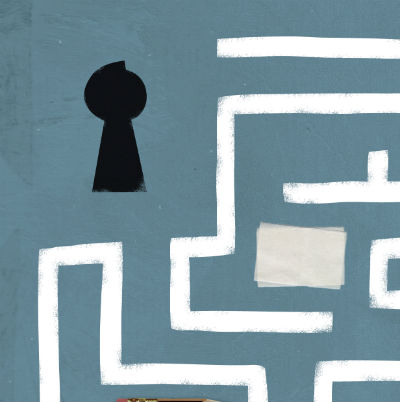Submitted by basma on
This report is part of CRIN's access to justice for children project, looking at the status of the Convention on the Rights of the Child (CRC) in national law, the status of children involved in legal proceedings, the legal means to challenge violations of children’s rights and the practical considerations involved in challenging violations.
Although Palau has ratified the CRC, the Convention is not considered national law, and it has not been incorporated in the domestic legal system. Children may file complaints with courts about violations of their rights, but only with the assistance of their representatives. Group litigation is available in the form of class actions and other joint actions. Amongst the various obstacles to children’s access to justice, admission of a child’s testimony in court is at the discretion of the presiding judge, and there is no independent body capable of making complaints on behalf of children. The recognised customary law of Palau has the full force and effect of law so far as it does not conflict with other recognised legal authority. Most matters pertaining to family law are handled outside the courts, and decisions commonly reflect the principle of the “best interests of all concerned” rather than the “best interests of the child”.

